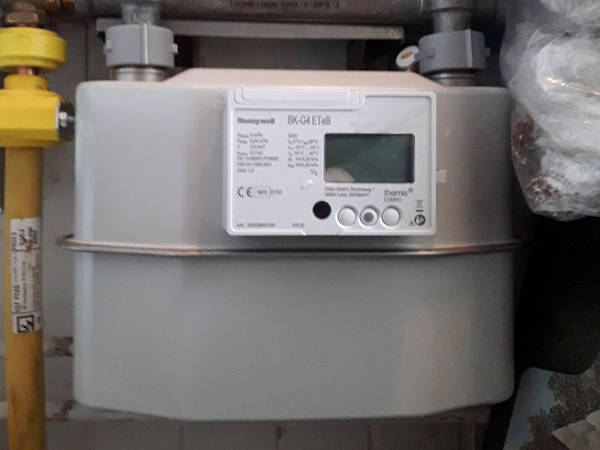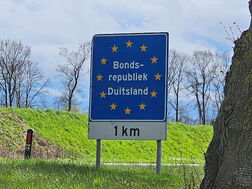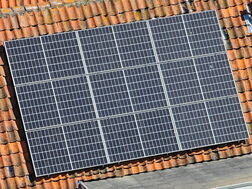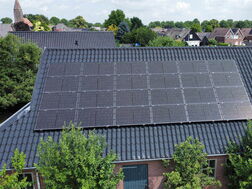Over the past week, the European gas market was rattled by sudden price fluctuations. After a looming strike in Australia, which threatened the global gas supply, European consumers and businesses can now sigh relief. Recently released figures show a 10% drop in gas consumption in the first half of 2023 compared to the previous year. The data also indicates that importing liquefied natural gas (LNG) has surged by almost 50%, reducing the dependency on traditional gas.
Initially, prices soared as unions at energy giants such as the Woodside Energy Group and Chevron, which together account for 10% of the global LNG supply, threatened to strike. Stalled wage negotiations primarily triggered these actions.
However, the shock was short-lived. After reaching a basic agreement at Woodside, which members still need to vote on, and following negotiations at Chevron, wholesale prices fell significantly. On the leading market in Amsterdam, the gas price dropped by more than 16% on Thursday morning.
Although the majority of Australian gas goes to China, it has an indirect effect on the European market. If supply to China is limited, the country has to turn to other suppliers, thus competing with Europe, leading to price hikes.
Last year, many felt the impacts of a disrupted gas supply when Russia reduced its deliveries to Europe. This resulted in very high energy bills for numerous European households. Fortunately, prices now seem to be stabilising, reflected in announcements from energy companies like Vattenfall and Essent, which are cutting their rates for a large portion of their clientele.
Significant Decline in Gas Consumption in the Netherlands
The Netherlands recorded a notable decrease in gas consumption during the first half of 2023. According to the latest Dutch Statistics Institute CBS figures, 15.7 billion cubic metres of natural gas were consumed. This marks a 10% decrease compared to the same period in 2022.
The most significant decline was observed among industrial-heavy consumers, with a decrease of 13%. In particular, the chemical industry saw a remarkable reduction of 18%, while the paper industry consumed even 34% less. Households followed the trend, cutting their consumption from 4.6 billion m³ to 4 billion m³, representing a 13% decrease.
A noticeable shift was also observed in natural gas imports. While the import of liquefied natural gas (LNG) was almost 50% higher than the previous year, the import of gaseous natural gas fell by 17%. Total imports were only 2% higher than last year, while exports rose by 10%, with Germany as the primary destination.
Most LNG imports come from countries such as the USA, Russia, and Norway. With the USA as the dominant supplier, about 63% of the total LNG imports came from this country, accounting for roughly 25% of the total gas imports.
Regarding domestic gas extraction, it continues to decline. The CBS reports that onshore gas extraction was down 38%, while offshore extraction dropped by 19%. A bright spot was the fill rate of the gas storage. In June 2023, they were 78% full, 15% more than the desired fill level for this time of year.
Analysts suggest that rising energy costs might have contributed to this reduction. As early as 2021, energy prices began to climb when Russia started to cut its gas supply. This led to increased energy bills for households and businesses, which might have contributed to a deliberate decrease in gas consumption.





